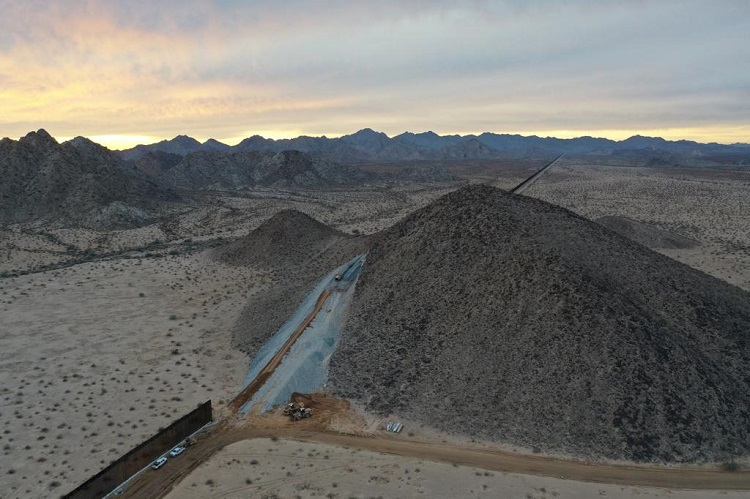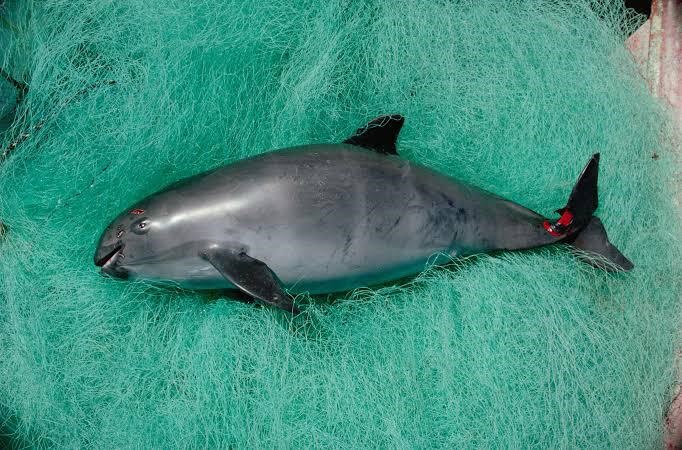This month the UN Intergovernmental Panel on Climate Change (IPCC) released its assessments on the unequivocal human impacts made to our planet’s land and climate. Civilization is seemingly condemned to a deplorable future if immediate, large-scale action is not taken at every level. Many local and national organizations working at the front lines of environmental degradation, however, have long fought for a strident report such as this to be published. It has – for them – been a very long time coming.
One such organization, the Center for Biological Diversity, has been working for three decades on conservation efforts, from Baja California, Mexico, to locations as far-reaching as Mozambique, Africa. The CBD is an ambitious organization based in the United States laboring to ensure that some of the world’s most vulnerable species and their habitats remain intact for future generations.
“At the Center for Biological Diversity, we believe that the welfare of human beings is deeply linked to nature,” says Alex Olivera, who heads up the Mexico office for the organization. “Diversity in ecosystems is key to maintaining ecological sources, clean air to breathe, and to ensure a healthy food chain through natural methods of soil formation, pest control, and aquatic filtration.”
In addition to health and wellness – environmentalists such as Olivera argue – these ecosystems provide an array of recreational and economic benefits, as well as being a first, and often best, a defense mechanism for the increasingly frequent natural disasters happening on every corner of the globe.

In 2015, the Center opened its first office outside of the U.S. in La Paz, Baja California, where Olivera is based today. “Having a location in Mexico has given the advantage of raising awareness on environmental and species endangerment issues, regionally.”
Within the framework of U.S. and international laws, the Center of Biological Diversity works by bringing legal pressure to bear on governments in an effort to prevent the extinction of an array of significant species. Using the likes of the Endangered Species Act in the U.S., for instance, the CBD pursues viable legal avenues for safeguarding species and their habitats, even beyond the U.S. border.
In one particularly notable example in 2020, the organization used a trade agreement between the U.S. and Mexico to secure a ban on seafood imports in order to compel the Mexican government to enforce protections over concerns of the likely extinction of the vaquita porpoise, the most endangered marine mammal in the entire world. As of July 2020, there were only an estimated ten vaquitas left in their native area, the Gulf of California in Northern Mexico. Without the ban on imports, the Mexican government lacked the political will to implement consequences severe enough to restrict fishing boats and their lethal fishing nets from the established protected waters.
Similarly, the CBD has also pursued action against Mexico under the U.S. Moratorium Protection Act for the killing of hundreds of loggerhead sea turtles as a consequence of unrestricted fishing vessels along the Baja Peninsula. Once numbering in the millions, there are now an estimated 50,000 loggerhead turtles alive internationally. Crucially, the Center petitioned the National Marine Fisheries Service (NMFS) to establish a loggerhead bycatch limit in Mexico, in order to quantify losses and subsequently leverage enforcement of their protection. Even with the quite high bycatch limit of 90, Mexican fishing vessels have surpassed that number every year since 2017. These violations have largely supported the increasing efforts of environmental organizations to place pressure on governments, which is needed in order to force them to do more and act on their internationally agreed responsibilities.

Consequently, the Center of Biological Diversity has been quite successful over time in protecting cross-border species such as Mexican wolves, jaguars, condors, and black-footed ferrets, as well as securing protections over millions of acres of habitats. Still, reducing industrial fishing interactions remains a primary concern for the organization in Mexico, proving more challenging than the efforts to protect terrestrial land and animals.
The Center also does not stop at legal measures, often also using scientific reports to support their work, such as this month’s IPCC assessment. “Human beings are not only linked to nature,” says Olivera, “we are also inextricably linked to its diversity. It is imperative that we secure a future for all species, great and small, hovering on the brink of extinction. We want those who come after us to inherit a world where the wild is still alive. It’s not about wanting it, it’s that we need it.”
For more information on the work of the Center for Biological Diversity, please visit www.biologicaldiversity.org/programs/international/mexico/
For Times Media Mexico, Kalee Sparr in Campeche, Mexico


